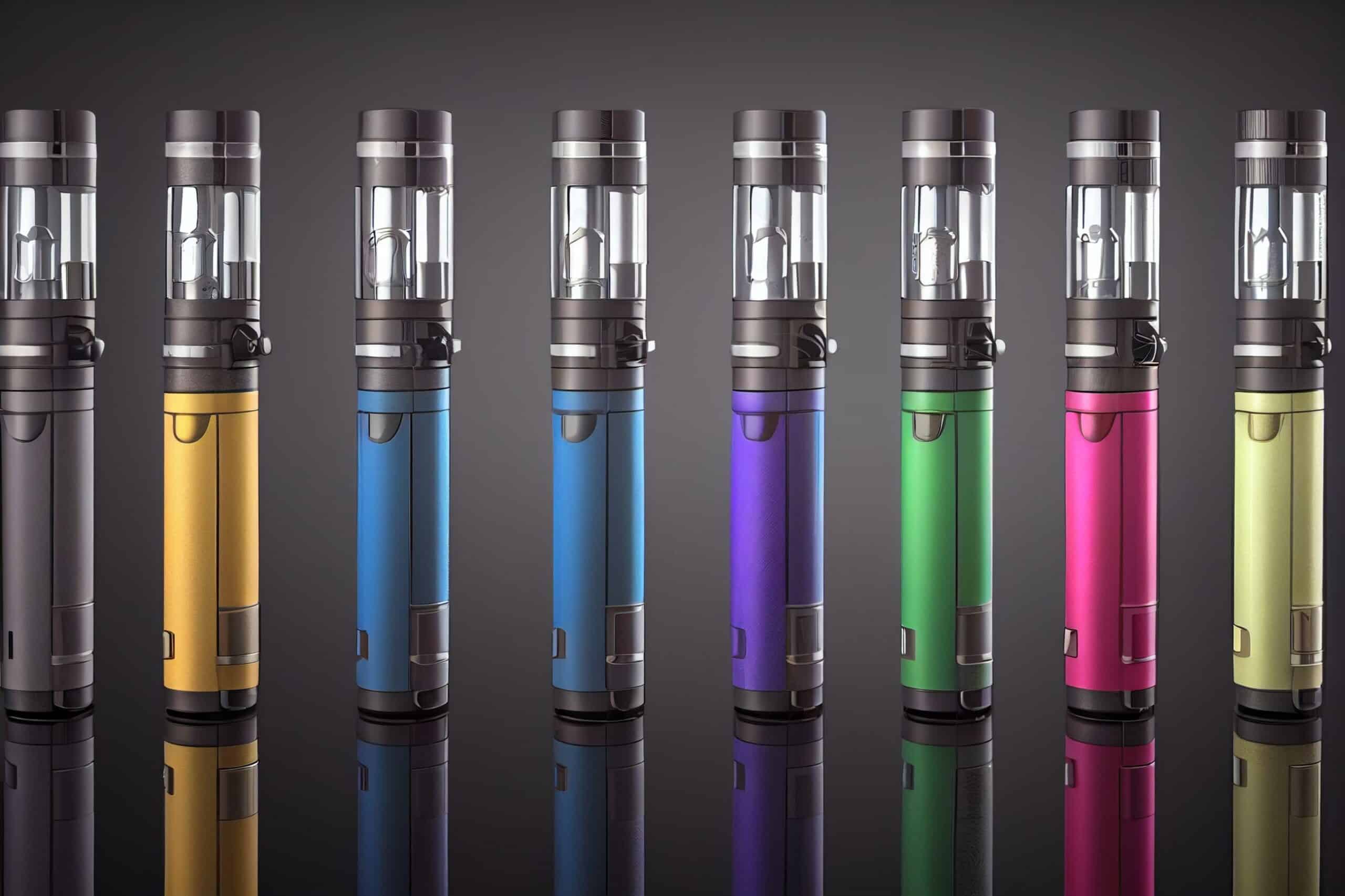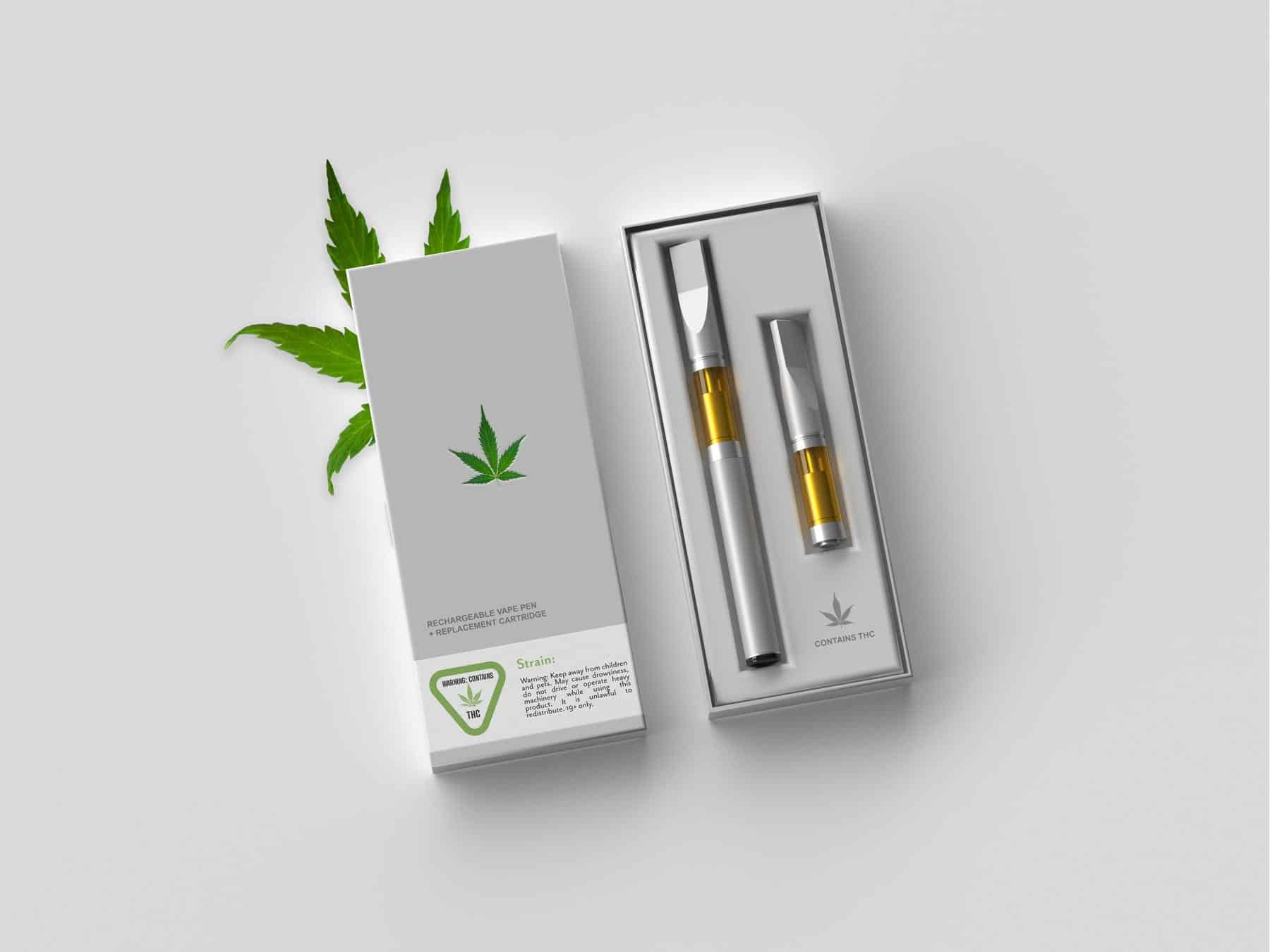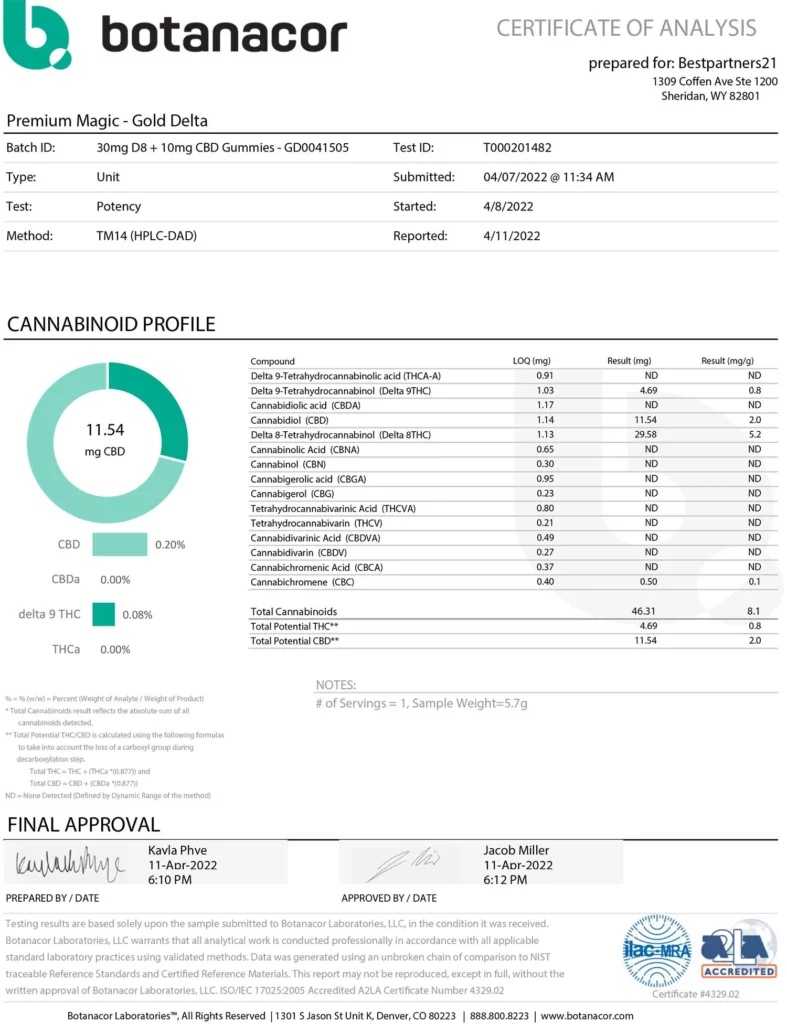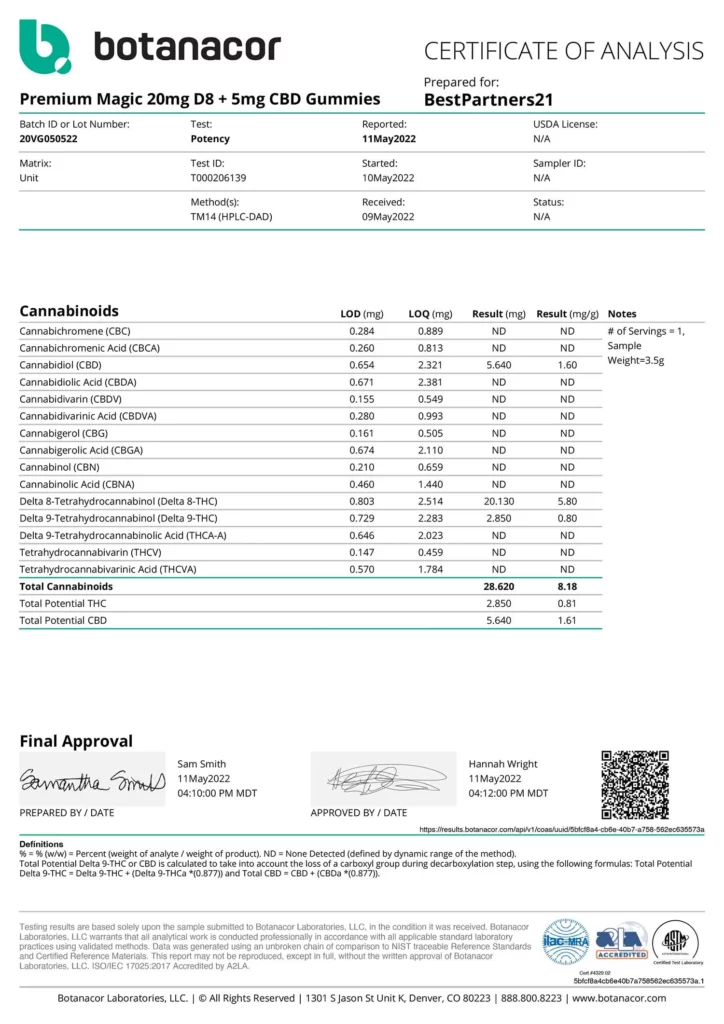
The Science Behind CBD Vaping: How It Affects Your Body

In recent years, CBD vaping has gained significant popularity as a method of consuming cannabidiol (CBD), a compound derived from hemp plants. This article explores the science behind CBD vaping and how it affects the body.
We will delve into the fascinating world of CBD and its interaction with the endocannabinoid system, discussing its potential benefits, risks, and effects on respiratory health. Whether you’re new to CBD vaping or seeking a deeper understanding, this article will provide valuable insights into the science behind this widely discussed topic.
What is CBD?
CBD, short for cannabidiol, is a naturally occurring compound found in hemp plants. Unlike its counterpart THC (tetrahydrocannabinol), CBD does not have psychoactive properties, meaning it doesn’t cause the “high” associated with marijuana. CBD is extracted from the hemp plant and then processed into various forms, including oils, tinctures, edibles, and vape liquids.
Origins from Hemp Plants
CBD is primarily derived from hemp plants, which belong to the cannabis family. Hemp plants have been cultivated for centuries for their industrial uses and contain high levels of CBD and low levels of THC. These plants undergo extraction processes to isolate and concentrate the CBD compound.
Differentiating CBD from THC
It’s crucial to distinguish CBD from THC. While both are cannabinoids found in cannabis plants, they have distinct effects on the body. CBD is non-intoxicating and has shown potential therapeutic benefits, including pain relief, relaxation, and reduced inflammation. On the other hand, THC is responsible for the euphoric effects associated with marijuana use.

Delta-8 Gummies – Gold Fruity Mix
Original price was: $82.99.$38.99Current price is: $38.99.
Or Subscribe and Save 30%

Silver Fruity Mix
Original price was: $68.99.$33.99Current price is: $33.99.
Or Subscribe and Save 30%
How CBD Interacts with the Body
CBD interacts with the body through a complex network called the endocannabinoid system (ECS). This system plays a crucial role in maintaining balance and harmony within the body, known as homeostasis. Understanding how CBD interacts with the ECS can shed light on its effects on the body.
The Endocannabinoid System (ECS)
The ECS consists of three main components: endocannabinoids, receptors, and enzymes. Endocannabinoids are cannabinoids produced naturally by our bodies, while receptors are located throughout the body and bind with these cannabinoids. Enzymes are responsible for breaking down endocannabinoids once their purpose is fulfilled.
CBD’s Interaction with ECS Receptors
CBD interacts with two primary receptors within the ECS: CB1 and CB2 receptors. CB1 receptors are predominantly found in the brain and central nervous system, while CB2 receptors are mainly located in the immune system and peripheral tissues.
When CBD enters the body, it does not directly bind with CB1 or CB2 receptors. Instead, it influences the receptors indirectly by modulating the activity of other neurotransmitters. CBD can enhance the effects of endocannabinoids, block certain enzymes from breaking them down, and activate or inhibit other receptors in the body.
The precise mechanisms of CBD’s interaction with the ECS are still being studied, but researchers believe that it plays a role in regulating various physiological processes, including pain perception, immune function, mood, and inflammation.
The Benefits of CBD Vaping
CBD vaping has gained popularity due to its potential benefits for overall well-being. While more research is needed to fully understand the effects of CBD, initial studies suggest several potential advantages. Let’s explore some of the key benefits associated with CBD vaping:
Relief from Anxiety and Stress
CBD has been widely studied for its potential to reduce anxiety and stress. It may help promote a sense of calmness by interacting with receptors in the brain that regulate mood and emotions. Vaping CBD allows for quick absorption into the bloodstream, leading to faster onset of potential anxiety-relieving effects.
Pain Management and Anti-inflammatory Properties
CBD has shown promise as a natural pain reliever and anti-inflammatory agent. It may interact with receptors involved in pain perception and inflammation, potentially reducing discomfort associated with various conditions. Vaping CBD allows for efficient absorption and may offer quick relief for acute pain or inflammation.
Potential for Aiding Sleep and Improving Mood
Many individuals turn to CBD vaping to help with sleep issues and mood enhancement. CBD may influence sleep cycles and promote relaxation, making it a potential aid for those struggling with insomnia or sleep disturbances. Additionally, CBD’s interaction with brain receptors may contribute to mood regulation, potentially improving overall emotional well-being.
Other Potential Benefits
While the research on CBD is still evolving, there are other potential benefits associated with CBD vaping that warrant further exploration. Some studies suggest that CBD may have neuroprotective properties, potentially benefiting those with neurological conditions. Additionally, CBD’s interaction with the ECS may play a role in supporting a healthy immune system and promoting overall homeostasis within the body.
CBD Vaping and Respiratory Health
CBD vaping involves inhaling CBD-infused vapor, raising concerns about potential effects on respiratory health. Let’s explore the two main aspects related to CBD vaping and respiratory health: concerns regarding inhalation and lung health and studies on the safety of CBD vaping.
Inhalation and Lung Health
Inhaling any substance into the lungs can pose potential risks, including CBD vapor. One concern is the presence of additives or contaminants in some CBD vape products that may be harmful when inhaled. It’s important to choose reputable CBD vape products and be aware of the ingredients they contain.
Another concern is the potential irritation of lung tissue due to the act of vaping itself. While research is ongoing, it’s crucial to approach CBD vaping with caution and be mindful of the potential risks.
Studies on the Safety of CBD Vaping
Research on the safety of CBD vaping is still evolving. Some studies suggest that CBD alone may not cause significant harm to lung tissue. However, it’s important to note that the long-term effects of CBD vaping are not yet well understood.
Additionally, the quality and composition of CBD vape products can vary, and certain additives or contaminants found in some products may pose health risks. This emphasizes the need to choose trusted CBD vape products and ensure their quality through third-party lab testing.
Determining the Appropriate CBD Dosage for Vaping
Finding the ideal CBD dosage for vaping can be a personal journey, as it varies based on individual factors such as body weight, metabolism, and desired effects. It is recommended to start with a low dosage and gradually increase until the desired effects are achieved.
Pay attention to how your body responds and adjust accordingly. Consulting with a healthcare professional can provide valuable guidance in determining an appropriate dosage based on your specific needs.
Factors Influencing CBD’s Effects on the Body
Several factors can influence how CBD affects the body when vaping. These include:
- Quality and potency of the CBD product: The concentration and purity of CBD in the vape product can impact its overall effectiveness.
- Body composition and metabolism: Individual differences in body weight, metabolism, and overall health can affect how CBD is absorbed and processed in the body.
- Frequency and consistency of use: Regular and consistent CBD vaping may lead to more noticeable effects over time.
- Other medications and substances: CBD may interact with certain medications, so it’s important to consult with a healthcare professional if you are taking other medications.
- Personal tolerance: Each person may have a different tolerance level for CBD, so the effects experienced may vary.
- Pre-existing Health Conditions: If you have any pre-existing health conditions, it’s advisable to consult with a healthcare professional before incorporating CBD vaping into your routine.
- Pregnancy and Lactation: It’s recommended to avoid CBD vaping during pregnancy or while breastfeeding due to limited research on its safety during these periods.
Potential Side Effects and Risks
While CBD vaping has potential benefits, it’s important to be aware of possible side effects and risks associated with its use. Here are some common side effects of CBD vaping to consider:
1. Dry Mouth: CBD can reduce saliva production, leading to a dry sensation in the mouth. Staying hydrated by drinking water can help alleviate this discomfort.
2. Drowsiness: CBD may cause drowsiness, especially at higher doses. It’s advisable to avoid operating heavy machinery or driving until you understand how CBD affects you.
3. Dizziness: Some individuals may experience temporary dizziness or lightheadedness when vaping CBD. If this occurs, it is recommended to sit down, take deep breaths, and rest until the feeling subsides.
4. Gastrointestinal Issues: CBD has the potential to cause digestive problems such as diarrhea or changes in appetite. If these symptoms persist, it’s advisable to consult a healthcare professional.
5. Drug Interactions: CBD may interact with certain medications, especially those metabolized by the liver. It’s crucial to consult with a healthcare professional if you are taking other medications to ensure there are no potential interactions.
It’s important to note that these side effects are generally mild and temporary. However, everyone’s body chemistry is unique, and individual reactions to CBD may vary.
To Summarize
CBD vaping offers a convenient method of experiencing the potential benefits of CBD. By interacting with the endocannabinoid system, CBD may provide relief from anxiety and stress, aid in pain management, and potentially improve sleep and mood. However, it’s crucial to consider potential risks and side effects, such as dry mouth, drowsiness, and potential drug interactions.







